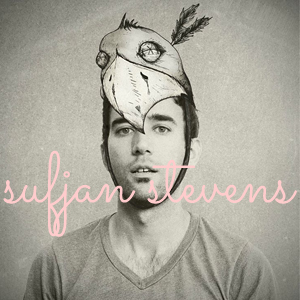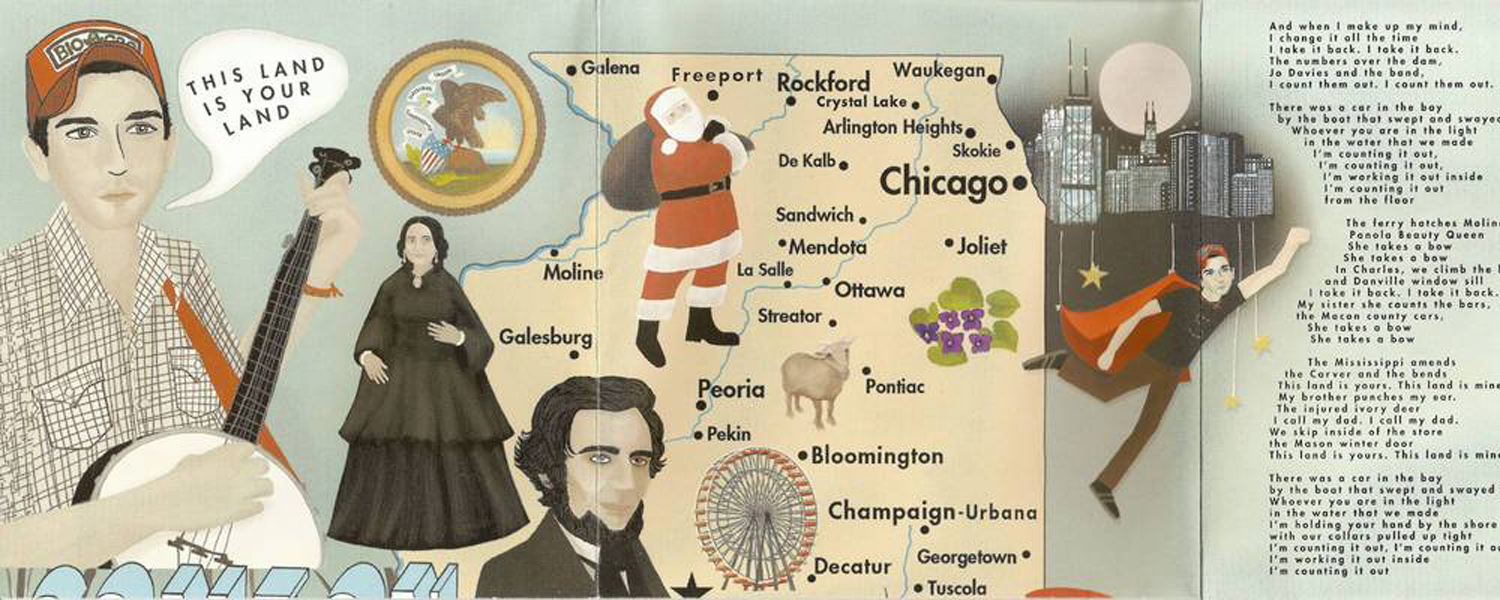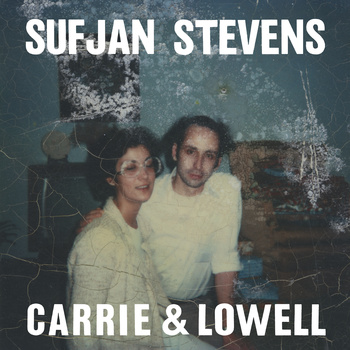Unless the liner notes are lying, that really is Sufjan Stevens playing a dizzy, disjointed guitar solo on "Springfield, or Bobby Got a Shadfly Caught in his Hair". When the man known for his gentle falsetto and baroque music fetish picks up an electric guitar, he stumbles and lurches like he's been hit in the head. Shambling and off-kilter, he coughs up odd phrases instead of weaving in countermelodies.
You'll find plenty of small but head-turning moments like that on The Avalanche. You'll also find a disc full of stuff that sounds a lot like last year's Illinois-- and that's the point. This is the outtakes and B-sides album from last year's magnum opus, and Stevens himself calls them also-rans. In his recent Pitchfork interview, Stevens said he considered just giving these songs away on the web, which wouldn't have been a bad idea; he could have dripped the best cuts to mp3 blogs and anthologies, like he's done for the past few months, to stay on the radar while he finishes his next proper album.
As it is, The Avalanche is not just a B-sides record; it's actually a mirror image, with 21 tracks that loosely follow Illinois-- including the suspenseful intro, the fast, pulsing second track, the quizzical segues, the interminable song titles, and the gradual instrumental send-off. The mood is gentler and more acoustic; the title track harkens back to the banjo-led introspection of Seven Swans, and the last ballad, "Pittsfield", has the cozy tunefulness of a chicken soup jingle. But for most of the disc, Stevens brings back the statewide namechecks and the "Illinoisemakers" marching band arrangements.
Call it burnout or backlash if you have to, but it's hard not to compare the two albums and find this one wanting; even the best songs, which are quite good, wouldn't bump anything off of Illinois. ("The Mistress Witch From McClure" comes closest, but "Casimir Pulaski Day" already took its slot.) The Avalanche would have been engaging at half the length, but at 75 minutes, let's just say that if you have a saturation point for Stevens, you're gonna reach it.
Still, The Avalanche isn't "Sufjan's latest album" so much as Sufjan's sketchbook: If you want to study how he operates and catch new facets of his work, you'll be satisfied. We get that shambolic guitar, the spacy analog synth on "For Clyde Tombaugh" (named for the guy who discovered Pluto), and most of all, three new versions of "Chicago" (subtitled "Acoustic Version", "Adult Contemporary Easy Listening Version", and best of all, the beats-and-jitters arrangement of "Multiple Personality Disorder Version"). By including three alternate arrangements of his biggest song to date (per the Last.fm charts, anyway), Sufjan shakes up his image as a new hero of adult contemporary songwriting.
Stevens considers himself a serious composer and a craftsman who wants his songs to stand on their own with no autobiographical or sentimental crutches; personal stories litter the material, but he doesn't use the backstory to sell the songs. Yet in spite of this, his voice and singer-songwriting tempt us to believe that every time we hear his falsetto crack, we're seeing into his soul. People who emote like Stevens are supposed to be "authentic." Just like on Lifetime, everything has to be a true story, and you only write about a friend who dies of cancer if you've just come back from the funeral. Some have even criticized Illinois, and now The Avalanche, because the whole thing was-- to quote Ryan Irvine at Goodhodgkins.com-- a "cold and calculated research project."
On a gut level, I understand that reaction. But critically, it doesn't make sense. Stevens is less a Nick Drake than a maverick craftsman like John Fahey. He'll never come to our houses and weep on our shoulders-- but he'll write songs about coming to our houses and weeping on our shoulders. And this sensitive yet askew set is a reminder that great music comes from the head more than the heart-- and it leaves plenty of mistakes, strange jokes, near-misses, and useless flashes of brilliance along the way.








